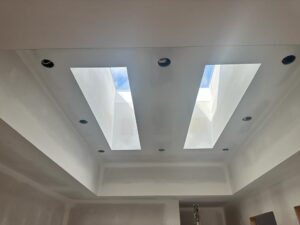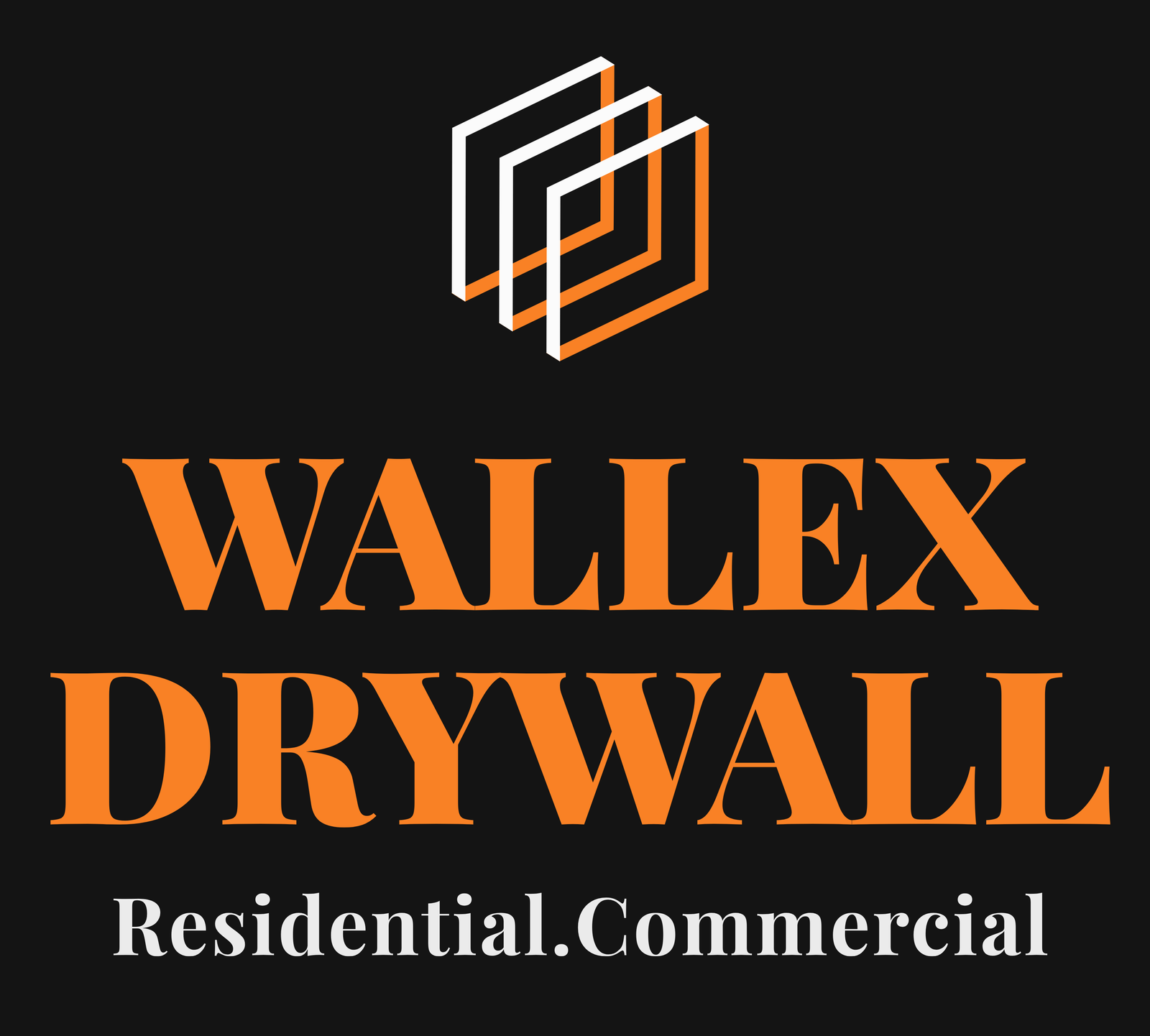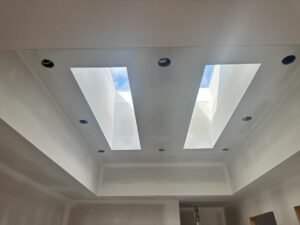Toronto, a vibrant metropolis, is no stranger to construction projects that shape its ever-growing skyline. Amidst the various elements crucial for a sturdy and aesthetically pleasing structure, drywall plays a pivotal role. In this article, we delve into the world of Toronto Drywall Installation, exploring the nuances of the process, materials, and the impact it has on homes in this bustling city.

Understanding Drywall
Drywall, also known as plasterboard or wallboard, is a material commonly used for constructing interior walls and ceilings. Its primary purpose is to provide a smooth and durable surface for painting or wallpapering. There are different types of drywall, each designed for specific purposes, such as moisture-resistant drywall for areas prone to dampness.
Key Steps in Toronto Drywall Installation
The process of installing drywall in Toronto involves meticulous steps. From preparing the space to securing the drywall sheets, every step contributes to the durability and visual appeal of the finished product. Homeowners and contractors alike must pay attention to details to ensure a flawless installation.
Choosing the Right Drywall for Toronto Homes
Toronto’s climate demands a thoughtful selection of drywall materials. Factors like moisture resistance, thickness, and fire resistance are crucial considerations. Homeowners can explore reputable drywall brands that offer products tailored to withstand the unique challenges posed by Toronto’s weather conditions.
DIY vs. Professional Installation
While some may be tempted to take the DIY route for drywall installation, it’s essential to weigh the pros and cons. Hiring professional drywall installers in Toronto brings expertise and efficiency to the project, ensuring a high-quality finish that stands the test of time.
Cost Factors in Toronto Drywall Installation
Understanding the costs involved in drywall installation is vital for budget-conscious homeowners. Breaking down expenses, including materials, labor, and additional costs, helps in making informed decisions. Implementing cost-effective strategies without compromising quality is key.
Common Issues and Troubleshooting
No construction process is without its challenges. Addressing common problems during drywall installation and providing effective troubleshooting tips ensures a smoother experience for both DIY enthusiasts and professionals.
Drywall Finishing Techniques
Achieving a professional finish goes beyond the installation process. This section explores the various finishing techniques, including joint compound application, sanding, and painting. The goal is to attain a seamless and visually appealing surface.
Enhancing Energy Efficiency with Drywall
Beyond its structural role, drywall can contribute to a home’s energy efficiency. Insulation options paired with quality drywall installation can significantly impact a property’s ability to retain heat, especially in Toronto’s varying climate.
Environmental Considerations
As sustainability becomes increasingly important, homeowners can explore environmentally friendly drywall options. Additionally, proper recycling and disposal practices for old drywall contribute to minimizing environmental impact.
Tips for Maintaining Drywall in Toronto Climate
Toronto’s climate can be unforgiving, with temperature fluctuations and humidity levels affecting the integrity of drywall. This section provides practical tips for maintaining drywall, preventing damage, and ensuring long-term durability.
Benefits of Proper Drywall Installation in Toronto
Highlighting the advantages of investing in quality drywall installation, this section explores how it can enhance energy efficiency, increase property value, and contribute to the overall aesthetic appeal of a home.
Customer Testimonials
Real-life experiences speak volumes. Customer testimonials provide insights into the transformative impact of professional drywall installation services on home improvement projects in Toronto.
Choosing the Right Drywall for Your Toronto Home
In Toronto’s dynamic construction landscape, choosing the right drywall is paramount for project success. Whether opting for moisture-resistant drywall for humid spaces, fire-resistant variants for enhanced safety, or eco-friendly options like EcoGuard and GreenBoard, the diverse range caters to specific needs. These choices reflect a commitment to durability and environmental consciousness, ensuring that your Toronto home benefits from the best-suited materials for lasting quality. Explore the options to elevate your living space.
to delve deeper into the extensive world of drywall options, consider exploring our comprehensive blog Exploring Drywall. This informative piece provides a broader perspective on the various types of drywall available and their applications in different construction scenarios.
Conclusion
In conclusion, Toronto Drywall Installation is more than a construction process; it’s an art that transforms spaces and enhances the quality of living. Choosing the right materials, understanding the installation process, and considering the unique aspects of Toronto’s climate are all integral to a successful project.
Frequently Asked Questions (FAQs)
- Is drywall installation a DIY-friendly project?
- Exploring the feasibility of DIY drywall installation.
- What types of drywall are suitable for Toronto’s climate?
- Understanding the characteristics of drywall materials ideal for Toronto homes.
- How can I minimize the costs of drywall installation?
- Practical tips for budget-conscious homeowners.
- What maintenance practices are essential for Toronto drywall?
- Preventive measures to ensure the longevity of drywall in Toronto’s climate.
- Can drywall installation improve my home’s energy efficiency?
- Exploring the connection between drywall installation and energy efficiency.

